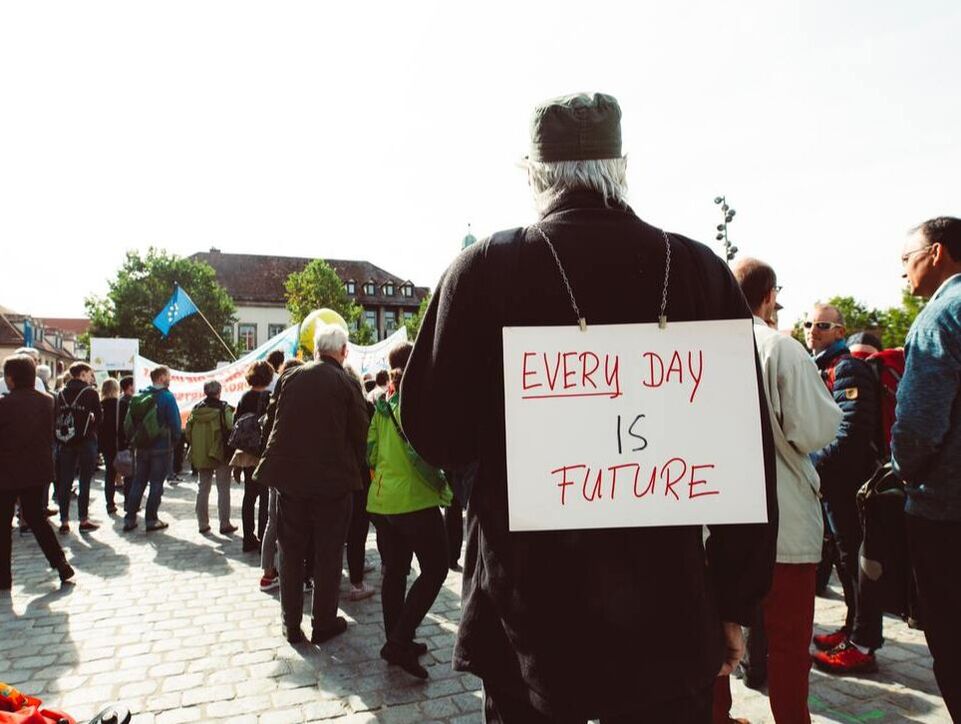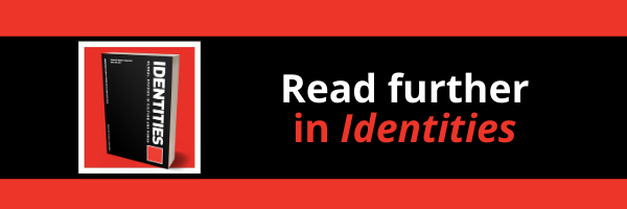|
|
|
As a team of international scholars with Czech and US origins living in Czechia and Austria, the 2015 ‘refugee crisis’ hit us in contrasting ways with regard to different regimes and their attitudes towards refugees from Syria and other Middle Eastern countries. While Czechia accepted just twelve refugees under the EU’s quota system, the Austrian public broadcasting station FM4 changed its jingle from ‘You're at home, baby’ to ‘Refugees, welcome’.
Seven years later, as we finalized work on our Identities article, ‘I always felt I have something I must do in my life’: meaning making in the political lives of refugee non-citizens’, the situation had somewhat reversed. In the spring of 2022, the streets of Prague were filled with Ukrainian flags, Czechia had accepted over 300,000 refugees in just a few months, and people became emotional regarding the war, while Austria, as a ‘neutral’ country and a non-member of NATO, was considerably more reserved.
Regardless of the differences, in both countries, life dramatically changes when a person seeks refuge. During our discussions back in 2015, we wondered: How do people with refugee experience understand their position in a new society? How can they engage in public life and how does the experience of forced migration affect that engagement? What alternative forms does political participation take when one is a non-citizen resident? We knew active individuals from refugee communities both in Czechia and Austria, and we wanted to take a closer look at their life trajectories with regard to political participation. We decided to look more closely at the structural conditions in two regions outside the capital cities of Czechia and Austria and to conduct a set of biographical interviews with refugees.
The research entailed very subtle and sensitive processes. We decided to keep the privacy of the narrators strictly confidential and used networks of trusted stakeholders to approach three men and three women who had sought refuge and settled in a new country. While closely following the life trajectories they shared with us, we discussed among ourselves contemporary conceptions of citizenship, political participation and migration. The life stories revealed important aspects of political participation in the lives of people in a state of non-citizenship, a condition many people experience in the contemporary world. A biographical perspective combined with a cultural, sociological focus centered on meaning making enabled us to uncover a certain consistency that operates as part of an individual set of narrative structures about political life – whether the transnationally operative political self of the humanist Zarak as he seeks to serve people, Azizah´s pathway toward emancipation, or Zeina´s claim to a ‘normal’ life free from political struggles. The diversity of the political lives of our narrators also reveals what we see as a universal principle: the agency of the political self develops throughout life despite changing external circumstances. Being in the position of a refugee non-citizen shapes the ways the political self is expressed; nevertheless, its characteristics remain relatively stable. Our findings speak to the need to recognize the multiple ways refugees realize their political selves and care for public matters in their everyday struggles, which challenge conventional views of political participation and being a citizen. The world we live in is ever-evolving, and we need a better understanding of what it means to care about public life and to be political under conditions of social-structural change.
Image credit: Photo by Markus Spiske on Unsplash
Blog post by Bernadette Nadya Jaworsky, Masaryk University, Czech Republic; Radka Klvaňová, Mendel University, Czech Republic; and Kateřina Sidiropulu Janků, Carinthia University of Applied Sciences, Austria
Read the Identities article: Jaworsky, Bernadette Nadya, Klvaňová Radka, and Janků, Kateřina Sidiropulu. (2023). ‘I always felt I have something I must do in my life’: meaning making in the political lives of refugee non-citizens. Identities: Global Studies in Culture and Power. DOI: 10.1080/1070289X.2023.2189374
Read further in Identities:
Is there an integration policy being formed in Czechia? The labyrinth towards citizenship: contradictions in the framing and categorization of immigrants in immigration and integration policies In liberty's shadow: the discourse of refugees and asylum seekers in critical race theory and immigration law/politics
0 Comments
Your comment will be posted after it is approved.
Leave a Reply. |
|
Explore Identities at tandfonline.com/GIDE |
|
The views and opinions expressed on The Identities Blog are solely those of the original blog post authors, and not of the journal, Taylor & Francis Group or the University of Glasgow.


